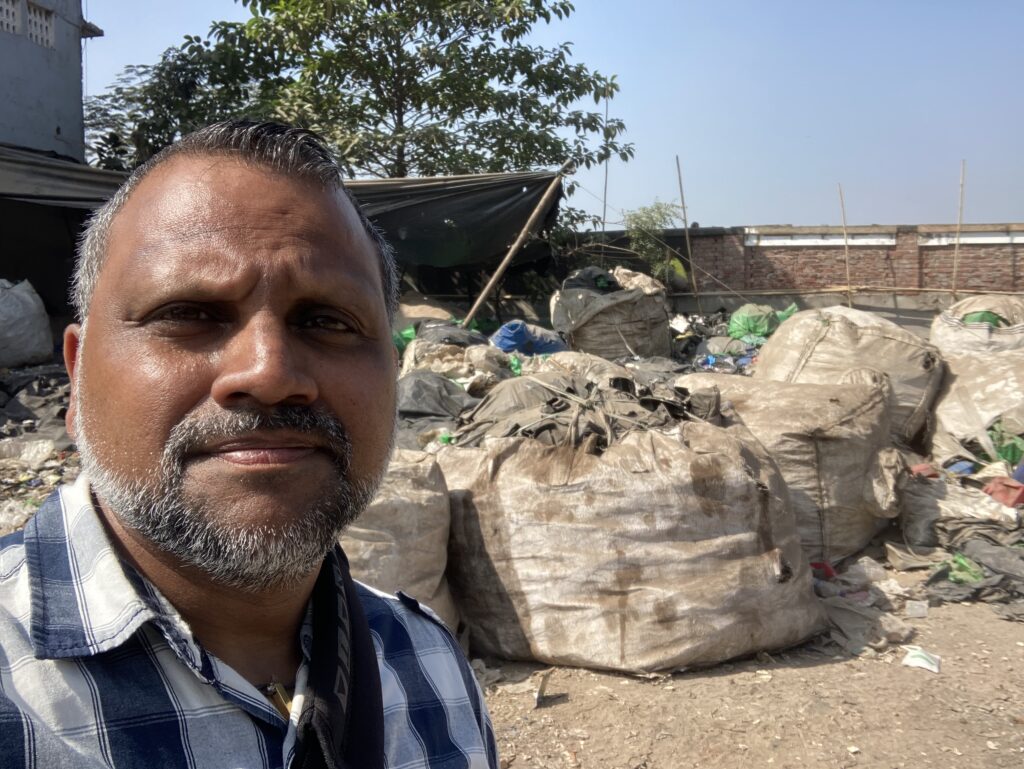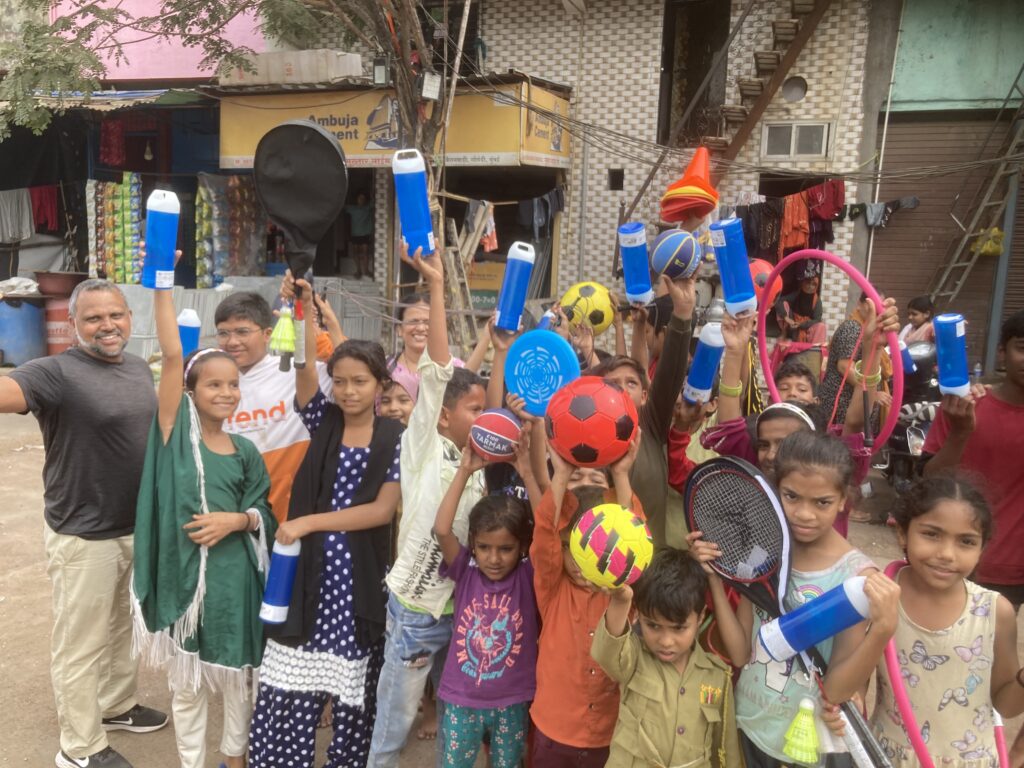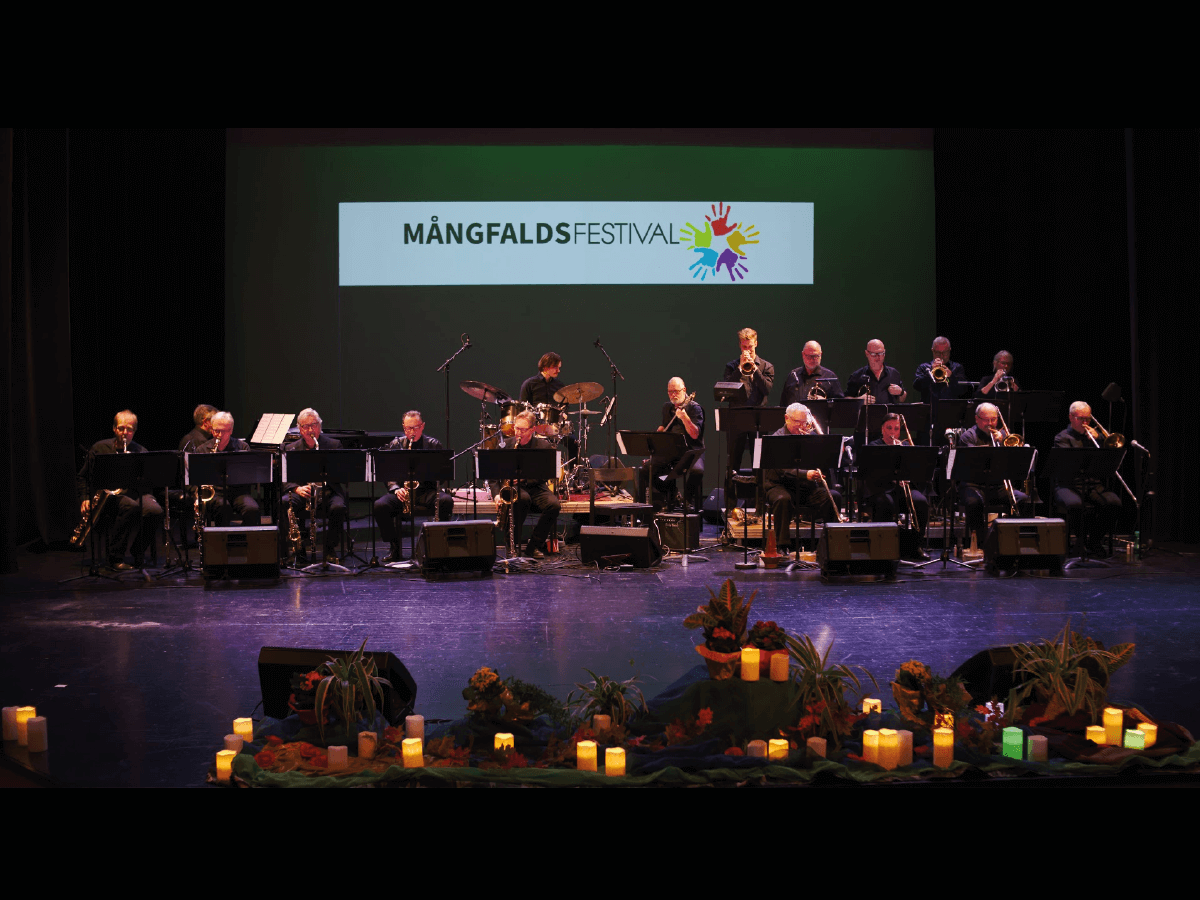In the bustling city of Mumbai, a transformative project is underway to address two critical issues simultaneously: trash management and education. With a focus on empowering children to avoid trash collection by attending school and receiving education, this initiative aims to foster education in neighborhoods while nurturing the minds of the next generation. Participants will be children, youths, and families from diverse backgrounds.

Charity concert, Sollentuna, Sweden: October 2023.
Project in Mumbai, India: January 2024.
Key Components for the Mumbai India project
- Education-Centric Approach: At the heart of the project lies a commitment to education. Children are encouraged and supported to attend school regularly, providing them with the knowledge and skills necessary for a brighter future. By prioritizing education, the project not only enhances individual opportunities but also contributes to breaking the cycle of poverty and dependence on informal waste collection.
- Collaborative Efforts: Recognizing the multifaceted nature of the challenges faced, the project brings together various stakeholders. Civic societies, faith organizations, and non-profit organizations collaborate to pool resources, expertise, and networks. This collaborative approach amplifies efforts, leading to more significant impact and sustainability.
- Fundraising Initiatives: Fundraising efforts are organized to support the project’s activities. These initiatives engage community members, businesses, and philanthropic individuals who share a commitment to improving the lives of Mumbai’s youth. Funds raised are allocated towards educational programs, infrastructure development, and waste management initiatives, ensuring the project’s continuity and effectiveness.
- Concerts and Music: Music and cultural events are vital in engaging the community and raising awareness about the project’s objectives. Concerts, performances, and cultural festivals serve as advocacy, celebration, and fundraising platforms. They bring people together and provide opportunities for creative expression and social cohesion.

Outcomes from the Mumbai India project
- Increased school attendance and educational attainment among children in Mumbai.
- Reduction in the prevalence of child labor associated with informal trash collection.
- Strengthened partnerships and collaboration among diverse stakeholders for sustainable development.
The project addresses immediate challenges and lays the foundation for long-term positive change through its innovative approach. Investing in education and neighborhood empowerment seeks to create a brighter and more sustainable future for the children and youths of Mumbai.
The project in Mumbai will continue with support from Sweden.
Project manager: Måns Rybäck
Project staff member: Linnea Ulfeby
Study circle through BILDA: Måns Rybäck, Linnea Ulfeby, Edvin Malmberg Rybäck, Christian Rutegård, Martin Rutegård
Advice and practical assistance: Edsvikskyrkan, Sollentuna
